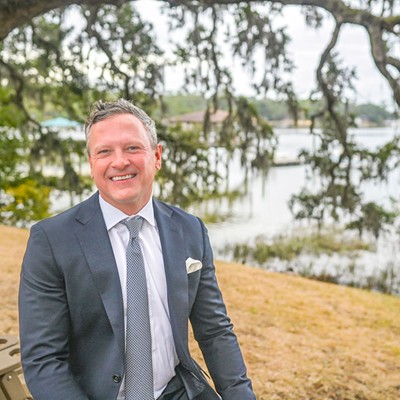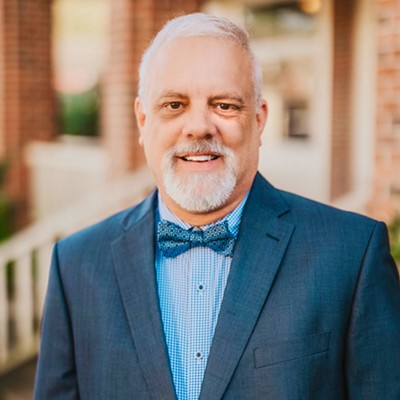A new program in the County's Juvenile Court system could provide young people with mental health issues a better option than probation.
On Oct. 6 the Juvenile Mental Health Court announced its formation to the public at an event timed to correspond with the beginning of National Mental Illness Awareness Week.
The JMHC officially started services in April, but the new program, the only one of its kind in Georgia, wanted to iron out operations before announcing the grand opening this week.
"We've been in shakedown mode, making sure that it works," explains Mary Jo Gajewski, the JMHC's mental health clinician.
"We took a look at children who had a mental health issue that weren't doing well with traditional probation, that were committing new offenses and spending more time in detention, and tried to develop a way to address their needs and keep the community safe," says Gajewski.
Previously, youth with suspected mental health issues were given assessments by local service providers like Gateway or Recovery Place; however, there was no means to provide additional care within the probation system.
With the advent of the JMHC that will change, and a specialized probation officer will deal exclusively with young people in the JMHC system. The probation officer will have a smaller case load, which in turn will allow him to make more regular face-to-face visits with juveniles and their families.
"We'll have one officer who can have multiple contacts with these families and I think it will greatly benefit them," says Scott Brown, the County's Probation Supervisor.
The hope is that by providing more individual contact, children who might have otherwise slipped through the cracks and become repeat offenders because of mental health problems will get the care they need to be rehabilitated.
"The advantage of this," explains Gajewski, "is that kids get the type of supervision, the type of programs, services, and advocacy that they need in order to be successful on probation and ultimately in the community."
When a child is brought before the County Juvenile Court, they will receive a checklist that will help distinguish whether they need additional mental health care. At that point, they will either receive an assessment from Gajewski, or attend a multi-disciplinary staffing evaluation.
Currently, some of the JMHC's partners include the Housing Authority, the School Board, local service providers and other community organizations.
At its current capacity, the JMHC will handle about 12-15 cases at a time; however, as youths begin to graduate from the system, the total number of youth served per year will be more than that. cs






























